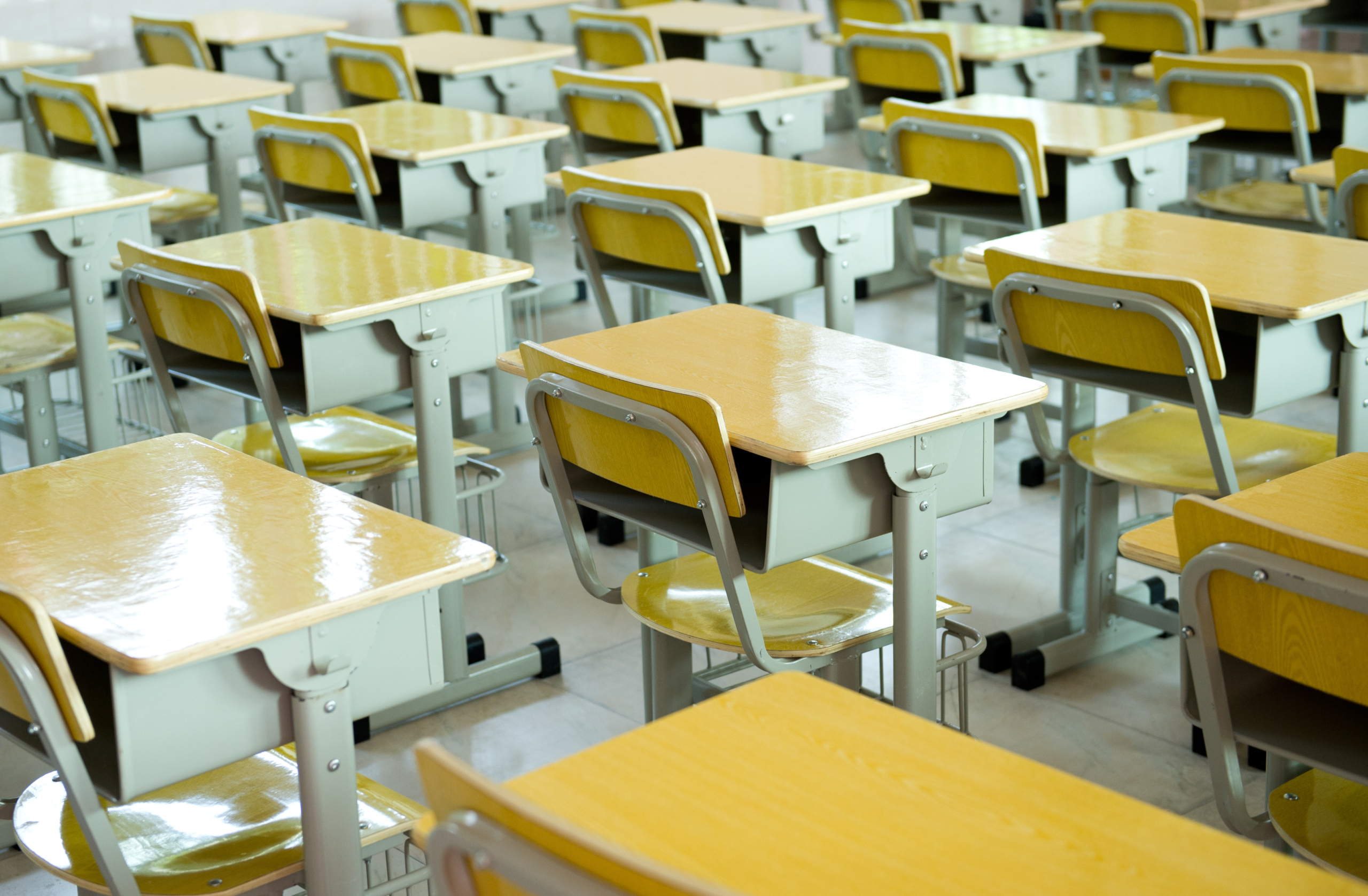It was a Friday afternoon in my Journalism 101 class at the University of Tampa, and we were talking about Jim Acosta again. Specifically, I brought up a tweet from the CNN White House corresponent, in which he wrote that President Trump seemed “fired up and ready for combat. In person he sounds depressed and despondent.”
Trump was tweeting like he’s fired up and ready for combat. In person he sounds depressed and despondent.
— Jim Acosta (@Acosta) November 7, 2018
The question for the class: Did that sound like news reporting? Or something else?
The answer was resounding, and illustrates an increasing divide between professional political journalists and the students who may seek to become them. In my class, at least, student journalists are disappointed by what they see as a lack of neutrality in political reporting, particularly on social media and particularly from some of the reporters who cover Trump for the biggest news organizations in the country. They had serious reservations about Acosta’s approach, but also saw him as a stand-in for a wider problem in political media.
ICYMI: Student uncovers decades of sexual misconduct allegations against professor
“When you’re being attacked by someone of such authority as the president, it’s hard to bite your tongue,” Mallory Culhane, a sophomore from northern Virginia who sat in the back row of the class, said. “But being in this profession, it’s just something that you have to do.”
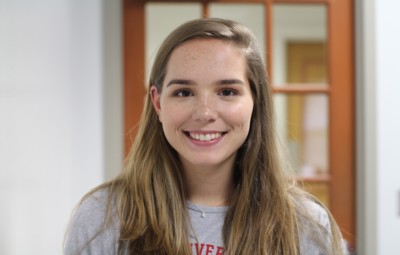
Mallory Culhane
To be clear, my students fervently support the media’s tenacious reporting on the Trump administration. They also applaud reporters’ aggressive face-to-face questioning of the president. And most of them find Trump’s anti-media rhetoric both appalling and dangerous. Romelo Wilson, a sophomore from New York City who sat in the back row near Culhane, summed up the excitement student journalists feel in the current political and cultural climate. “Journalists are increasing my passion for the field because I personally love to challenge those who feel as if they’re untouchable,” he said. “That’s exactly the job of a journalist—to hold those with authority accountable for their actions.”
However, many of these same students believe journalists too often “take the digital bait” when it comes to social media taunts by the commander-in-chief. Tatiana Torres, a first-year student from Puerto Rico, could not hide her disgust regarding the Acosta tweet and others like it. “Tweeting something like that is basically drinking poison and hoping the other person dies,” she said. “I find it disappointing and pointless.”
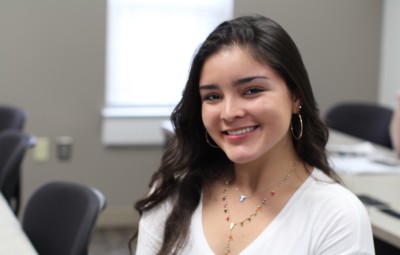
Tatiana Torres
Of course, as my students acknowledge, not all news outlets claim to be nonpartisan. For such outlets, gleeful Trump-bashing might be expected and even excused. But for outlets that claim neutrality, my students have a clear expectation: all headlines and articles in the news section, as well as all social media feeds of all news reporters, should strive for neutrality.
“Our job is to write news and keep it neutral, therefore you should be neutral on social media,” Travis Politakis, a first-year student from Houston, said. “It is almost like that rule where you are not really supposed to tell people who you voted for. If you keep it neutral, you will avoid arguments and will become more credible, because people would not be able to tell bias.”
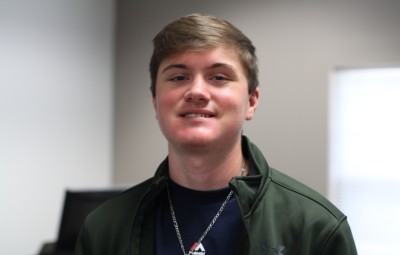
Travis Politakis
After the semester ended, Politakis and I continued our conversation at a nearby coffee shop. At the time, CNN was giving prominence to three stories on its home page: “Bomb threats emailed to multiple locations,” read one headline. “Strasbourg attacker killed by police,” read another. The only headline containing all caps was a negative one about Trump: “National Enquirer deal is a BIG problem for Trump.”
“That sticks out to me because the word ‘BIG’ is in all caps and it tends to sound like a more liberal point of view,” Politakis told me. “The fact that it is in all caps makes me feel like there is an emergency and a drastic change is about to happen in the country, impacting the way we live our lives.”
To Politakis, the all-caps anti-Trump headline seemed at odds with CNN’s statement of journalistic integrity, which we discussed in class: “Much of popular journalism today comes with a political or ideological slant: it aims to win people to a point of view, not necessarily to an understanding of the facts,” the statement says: “CNN does not try to appeal to a specific point of view or political constituency.”
Whatever their politics, few of my students view CNN as neutral. The conservative-leaning students see media’s inability to hide its animosity toward Trump as unprofessional. “Bashing the president, sometimes even going out of their way to do so at times, is giving a bad rep to journalists across the nation,” Matthew Polek, a first-year student from Connecticut, said. “I believe Trump should be held to very high standards—he is the president—but I am not a fan of the amount of attack he receives from the media, especially CNN.”
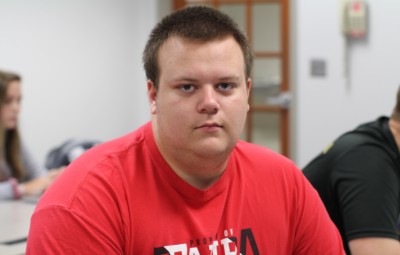
Matthew Polek
As our classroom conversation continued, there was a hint of what the future of news reporting—including headlines, articles, and social media feeds—might look like. Unlike most of today’s reporters, tomorrow’s will have grown up with constant trolling on social media. Many of them have learned to tune it out.
Malaysia Alford, a first-year student from outside of Tampa, has high regard for—and high expectations of—the news media. “I think Jim Acosta’s actions at the conference made him the embodiment of what it means to be courageous,” Alford said. But for her, that didn’t excuse the opinionated tweets. “I would not take to Twitter or any social media platform to poke at the president. With Trump in office, I hold the media to a higher standard. We have to be the bigger people.”
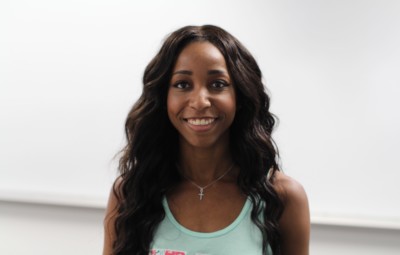
Malaysia Alford


